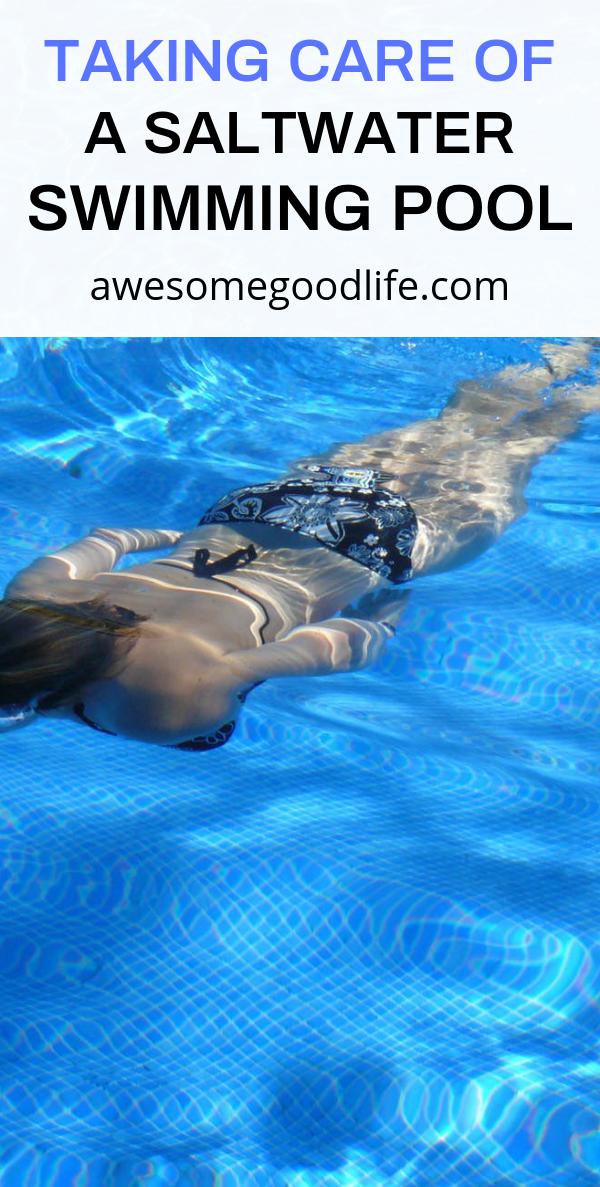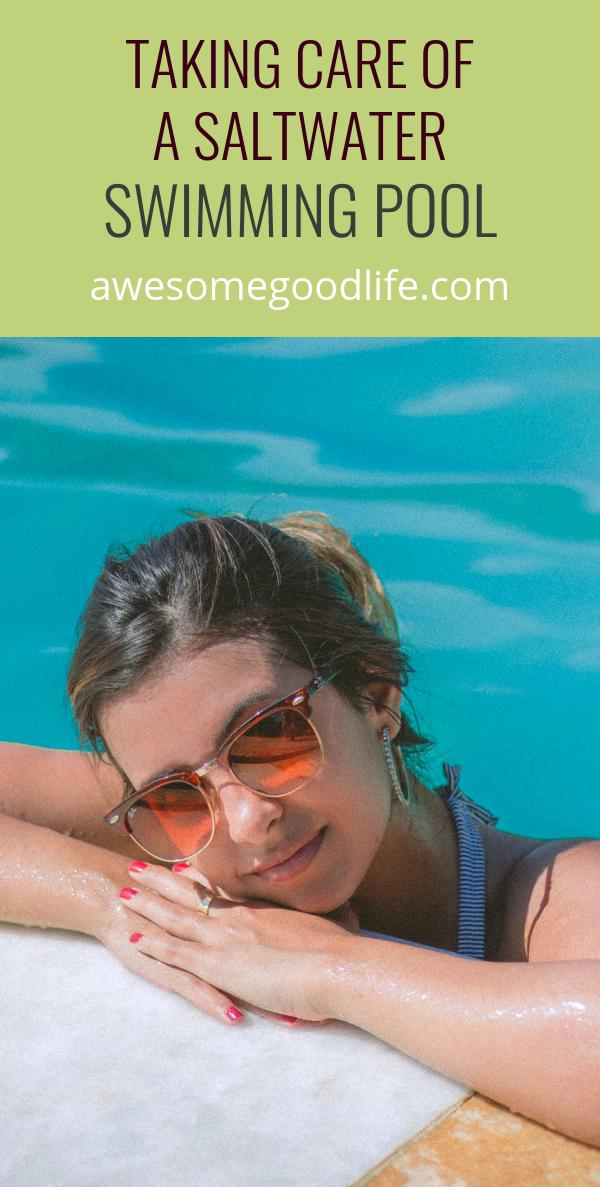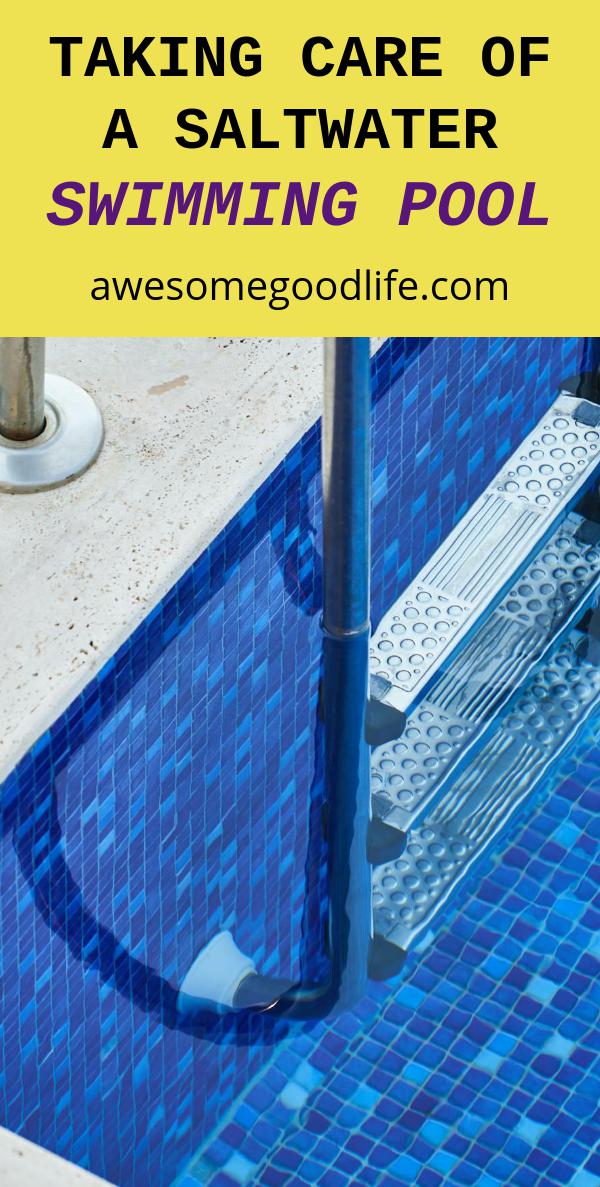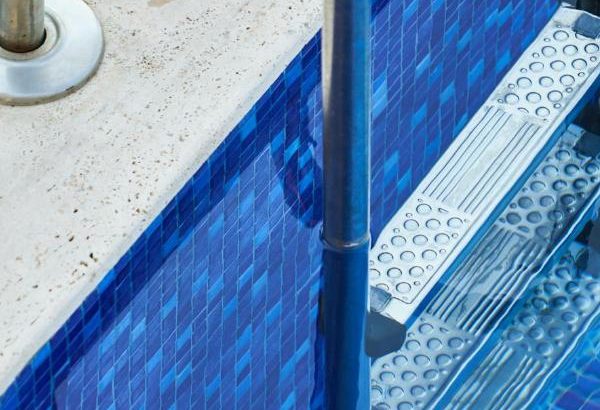Saltwater swimming pools are becoming more popular than ever before. Many homeowners love how easy they are to take care of. For those that want to spend more time in the water and less time caring for it, this is a great option. Of course, it does cost more to get this type of swimming pool installed. However, it will pay off over the course of time.
For example, you won�t need to pay for chlorine tablets to clean your swimming pool water. This can add up to quite a savings each month. The amount you will save will depend on the size of your swimming pool as well as the quality of the products you use on it. You may be skeptical of the pool without the chlorine but the fact is that it is made from the salt in the water.

You definitely need to test your saltwater swimming pool though on a regular basis. If the system isn�t regulated properly you can end up with too much or too little chlorine being produced. As a result, some of the equipment could end up ruined. You don�t want to be replacing things on your swimming pool for it to function properly all the time. The level of salt in the swimming pool should be from 2,500 to 3,000 parts per million.
Many homeowners find this to be a worthwhile trade-off though. In addition to the monetary savings on chemicals, they also don�t have to handle them. They don�t have to worry about getting the right amount of each one added or getting them on their skin and in their eyes. They also save time because they aren�t mixing up these chemicals. For those with children and pets around it is also a relief not having to worry about them getting into such products as well.
This isn�t to say though that you won�t ever need to add chlorine to your saltwater swimming pool already. Many individuals that live in areas where they get heavy rains need to add it. If the swimming pool is used all the time with many people in it then you may find you do need to add some as well. It is wise to not do so without consulting an expert first though. You don�t want to throw everything off balance by adding chlorine when you don�t need to. You also want to make sure you are adding the right amount of it.
You do want your saltwater swimming pool to look inviting and refreshing all the time. Some of them that have been in place for years have discoloration to the bottoms of them. They can get a yellowish or brownish tint to them. This is the result of the salt settling on the bottom of the swimming pool. There are some effective chemicals you can add to your water on a regular basis to prevent this from occurring. Once the stains are in place they are almost impossible to remove so this needs to be done as a preventative measure.

Sometimes the salt can result in areas of your swimming pool such as the stairs and railings to rust. You want to protect them from doing so though as it will make your swimming pool appear dingy. There are plenty of preventative treatments you can use for this. Newer saltwater swimming pools are also made from materials that aren�t very likely to rust.
To help save water you can put your backwash to good use. It won�t harm your grass or your plants so use it to water them. Taking care of a saltwater swimming pool is different but it also seems to be easier. Take the time to learn more about the benefits as well as the disadvantages so you know exactly what you are getting yourself involved with should you commit to buying one.





